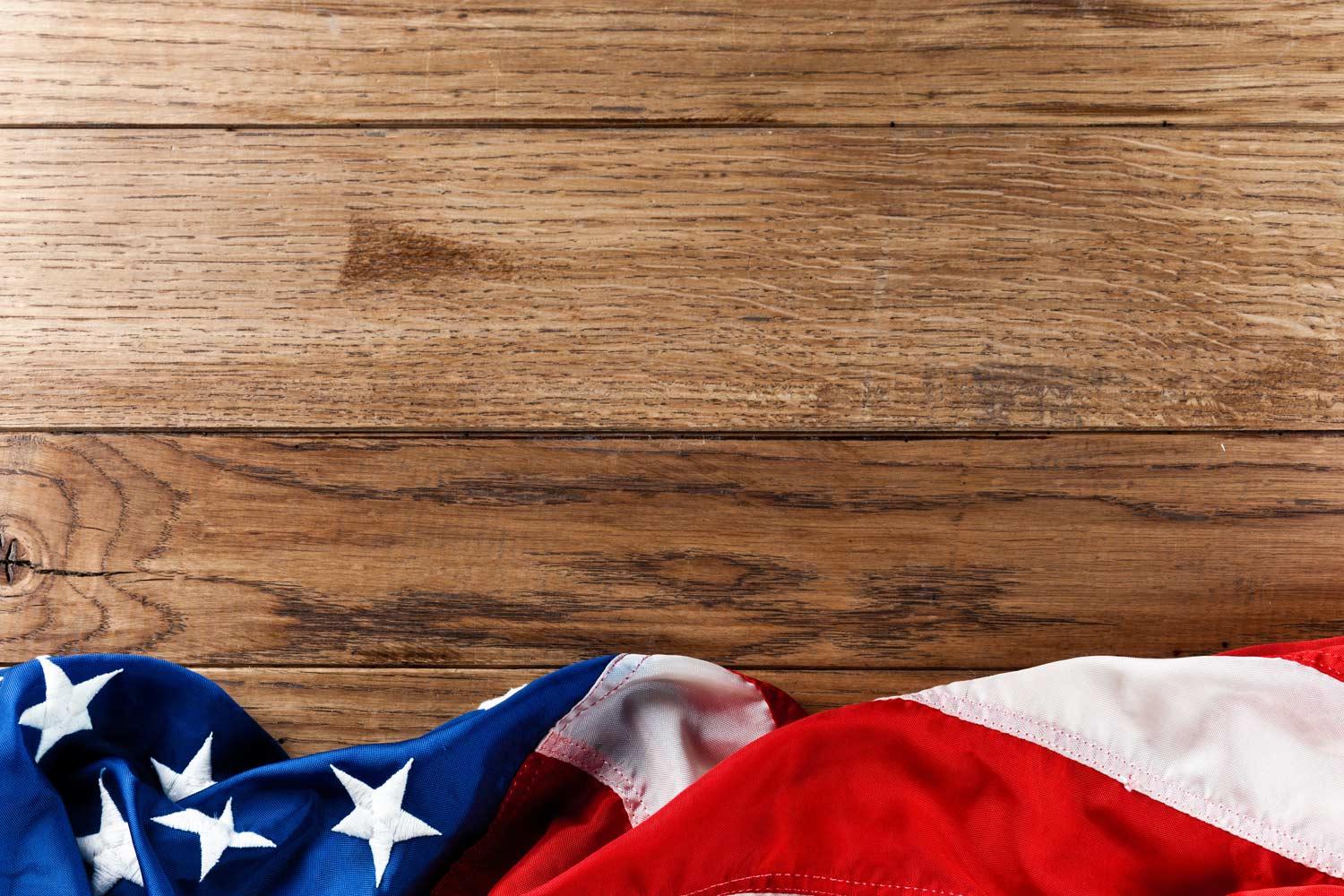
New England Colonies
Massachusetts
The first settlers of Massachusetts, led by William Bradford, were the Pilgrims in 1620. The settlement at Plymouth Rock became one of the earliest settlements. In 1629, they were followed by another group of Puritans who founded the Massachusetts Bay Colony. This group was lead by John Winthrop. The Puritans came to North America to have religious freedom, and to create a colony based upon their religious beliefs. Before the Pilgrims went to shore, they signed the Mayflower Compact. It declared that the males who signed it agreed to accept majority rule and participate in a government in the best interest of all members in the colony. This set a model for self-government in the colonies, and the colonists quickly established town meetings as a way for developing their own laws.
New Hampshire
John Wheelwright led a group north of Massachusetts in 1638. This group wished to worship as they pleased, and be free from Puritan rule. They also wanted to profit from the fishing and trade in the area, which became the staple of their economy.
Rhode Island
Roger Williams, a preacher from the colony of Massachusetts, established Rhode Island in 1636. He had come into conflict with the leaders of Massachusetts, who were Puritans. He preached that all people should be able to worship their god in any way they wanted. The government of Massachusetts put him on trial several times for his “dangerous opinions”. They allowed him to remain in Massachusetts as long as he kept his mouth shut. But Williams and his family left the Massachusetts colony and started the colony of Rhode Island. In Rhode Island, people could worship as they chose.
Anne Hutchinson also lived in Massachusetts but she taught bible lessons that went against the Puritan religion. She was put on trial and banished from the colony and settled in Rhode Island as well.
Connecticut
Thomas Hooker, a Puritan minister, led his congregation to Connecticut in June of 1636. Thomas Hooker had come to Massachusetts, a colony built on Puritan principles, because he was not allowed to practice his Puritan faith in his native England. But he was disturbed by the lack of democracy in Massachusetts, and left the colony for Connecticut to find even greater religious and political freedom. Connecticut’s colonists wrote the first constitution in the American colonies, the Fundamental Orders of Connecticut, in which they described a system of government for the community in writing.




